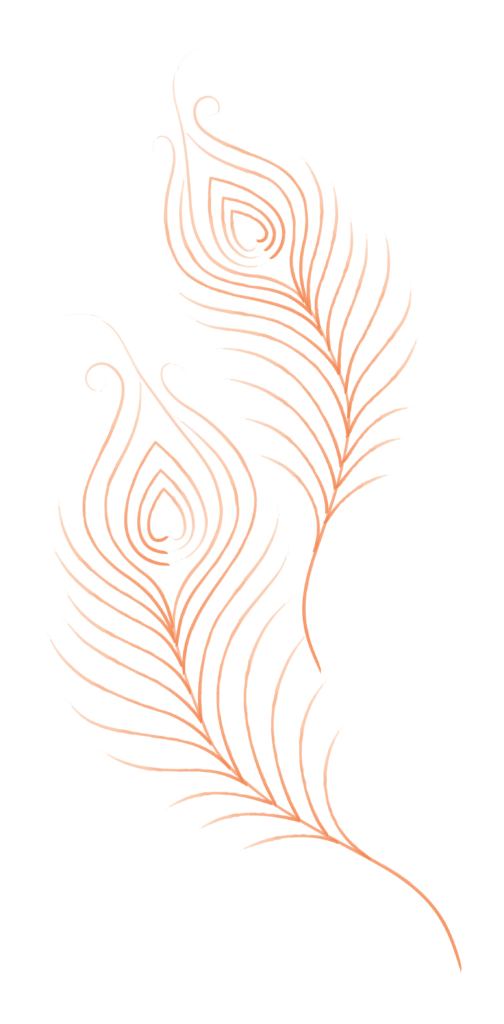Resources
Death and Deathlessness
Swami Bhoomananda Tirtha

Ultimately for man, strength and clarity will come only when the mind and intelligence begin to reflect constantly on the Truth of life and death. So, whenever a death takes place, rather than getting involved in rituals and ceremonies, your mind should enquire about what is birth, what is death and what is it that dies.
मरणं प्रकृतिः शरीरिणां विकृतिर्जीवितमुच्यते बुधैः ।
क्षणमप्यवतिष्ठते श्वसन् यदि जन्तुर्न हि लाभवानसौ ॥
maraṇam prakṛtiḥ saririņām vikṛtir-jivitam-ucyate budhaiḥ |
kṣaṇamapyavatiṣṭhate svasan yadi jantur-na hi lābhavān-asau ||
…One day, while King Aja and his wife Indumati were strolling together in the royal gardens, Indumati suddenly fell dead. Both of them were young and very fond of each other. Naturally Indumati’s sudden departure put Aja in great distress. He was grieving inconsolably; nobody could pacify him. Coming to know of Aja’s grief, his preceptor Sage Vasishtha sent him this message:
The Wise say that death is the natural fate of any living being, and life is rather unnatural or accidental! Therefore, even if anybody’s life were to extend a little longer, it cannot be considered a gain for him.
People ask: “Why is one person born rich and another poor? Why, in spite of being good to all, a person’s life is miserable and tormented while another’s is successful and peaceful? Why does fate seem to be punishing one repeatedly, while for another, why does it seem to smile always?” All these mean that the events in anybody’s life are inexplicable as well as unpredictable. Variety is the very expression of life, and in this variety one can hardly find any rhyme or reason.
But, all the differences and variety come to an end at death. Death is the only natural and sure outcome for all living beings. Also, its consequence is uniform for all. The fate of the body, be it of a King or of a beggar, is the same after death; it begins to decompose. Whatever pomp and glory one may have, everything comes to an end at death. However much land and property one might have acquired in life, the dead body can occupy only six feet of the earth and ultimately either fire consumes it or insects devour it. So, in the developments of life there can be surprise and uncertainty, but death is the only uniform and sure fate of one and all.
In fact, the ultimate message that death imparts is that of immortality. All sorrow, confusion and difficulties about death will vanish when the mind and intelligence reflect upon the supreme Truth of immortality of the Soul. As we exist with the body, we will continue to exist without body. The ‘I’ part was not born, nor will it ever die.
The individual represents the Spirit which is ever deathless. What has died is the body which will have died, if not now, a few years later.
Ultimately for man, strength and clarity will come only when the mind and intelligence begin to reflect constantly on the Truth of life and death. So, whenever a death takes place, rather than getting involved in rituals and ceremonies, your mind should enquire about what is birth, what is death and what is it that dies. The event of death alone inspires and compels us to think about deathlessness or immortality. Our very embodiment is to reveal immortality. That is why our tradition exhorts us to read Kathopanishad on the occasion of death and after-death rites. Kathopanishad repeatedly tells us through the teachings of Yama to Nachiketas, that there is only one eternal existence present everywhere and the realization of That alone will give us peace.
Does the fate of an electric bulb affect the electricity that flows in it? When the bulb fuses, can you say electricity also fails? The illumination that electric current brings about is alone hampered because of the damage caused to the medium it passes through, namely the bulb. But we should not mistake the damage as occurring to the electric current, the illuminator itself! Similarly, death is a damage caused only to the body, not to the Self.
I can only tell you, my dear souls, that none of you should take life for granted. My attitude has always been: I am talking to you; this very moment my body may fall. Any one in our group may suddenly depart. I am prepared for it. Why should we not be prepared? The world is transitory. Keep a child on your lap and nurture him well, but also understand that the life of either may be terminated any time. Reflect upon the transitoriness while nurturing any relationship. This reflection should become a part of your mind until the mind understands the Truth and remains one with it. Then there will be no occasion in your life to feel any event as unexpected…
Harih Om Tat Sat
– From the book–Prabhata Rashmih-Vol 1

“The ultimate message that death imparts is that of immortality”
“The individual represents the Spirit which is ever deathless”
“Reflect upon the transitoriness of the world while nurturing any relationship. This reflection should become a part of your mind. ”
“The Wise say that death is the natural fate of any living being, and life is rather unnatural or accidental!”
you might be interested in

Swami Nirviseshananda Tirtha
042 – Natural Pranayama Through Desirelessness | Voice of Upanishads | Swami Nirviseshananda Tirtha

Swami Nirviseshananda Tirtha
03 – Kathopanishad | Self Transcends Birth and Death

 669 views
669 views

 Add to Favorites
Add to Favorites Add to Reading List
Add to Reading List







